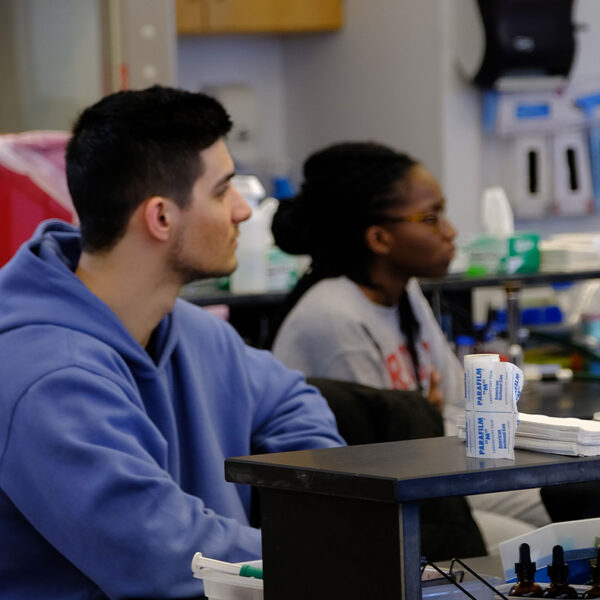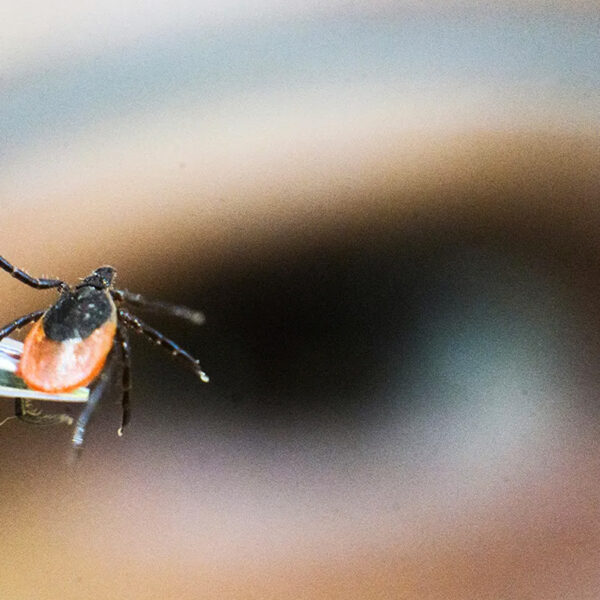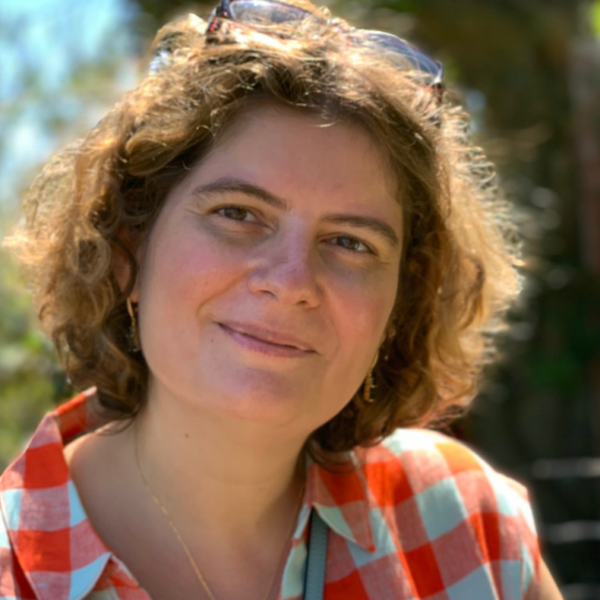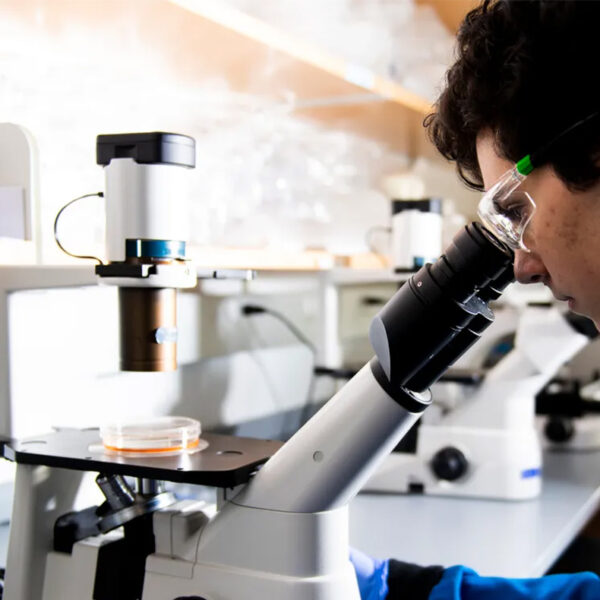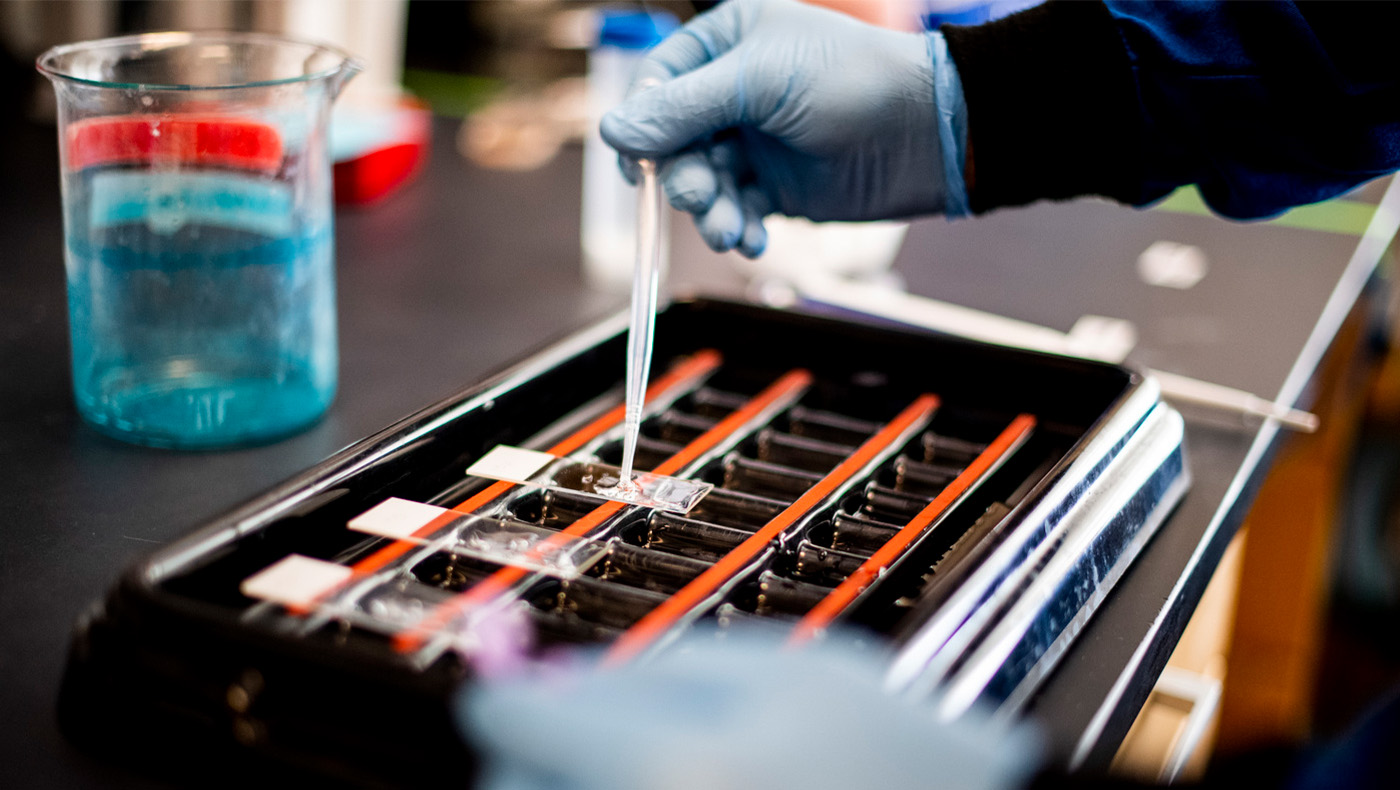
Connected Science Community Biology PhD Program
A new kind of PhD training
Conduct groundbreaking Biology research and develop skills that open a vast set of future careers with the support of a cross-College PhD Community!
The Connected Science Community Biology PhD Program entails coursework from a core biology curriculum along with advanced courses in the student’s area of research interest. This is complemented by intensive research and completion of a dissertation under faculty supervision.
Faculty research includes microbiology, cell and molecular biology, biochemistry, genetics, neurobiology, regenerative biology, and the biology of reproduction.
You will be joining a graduate program that is committed to cultivating a culture of respect and collaboration where the contribution of each person is valued.
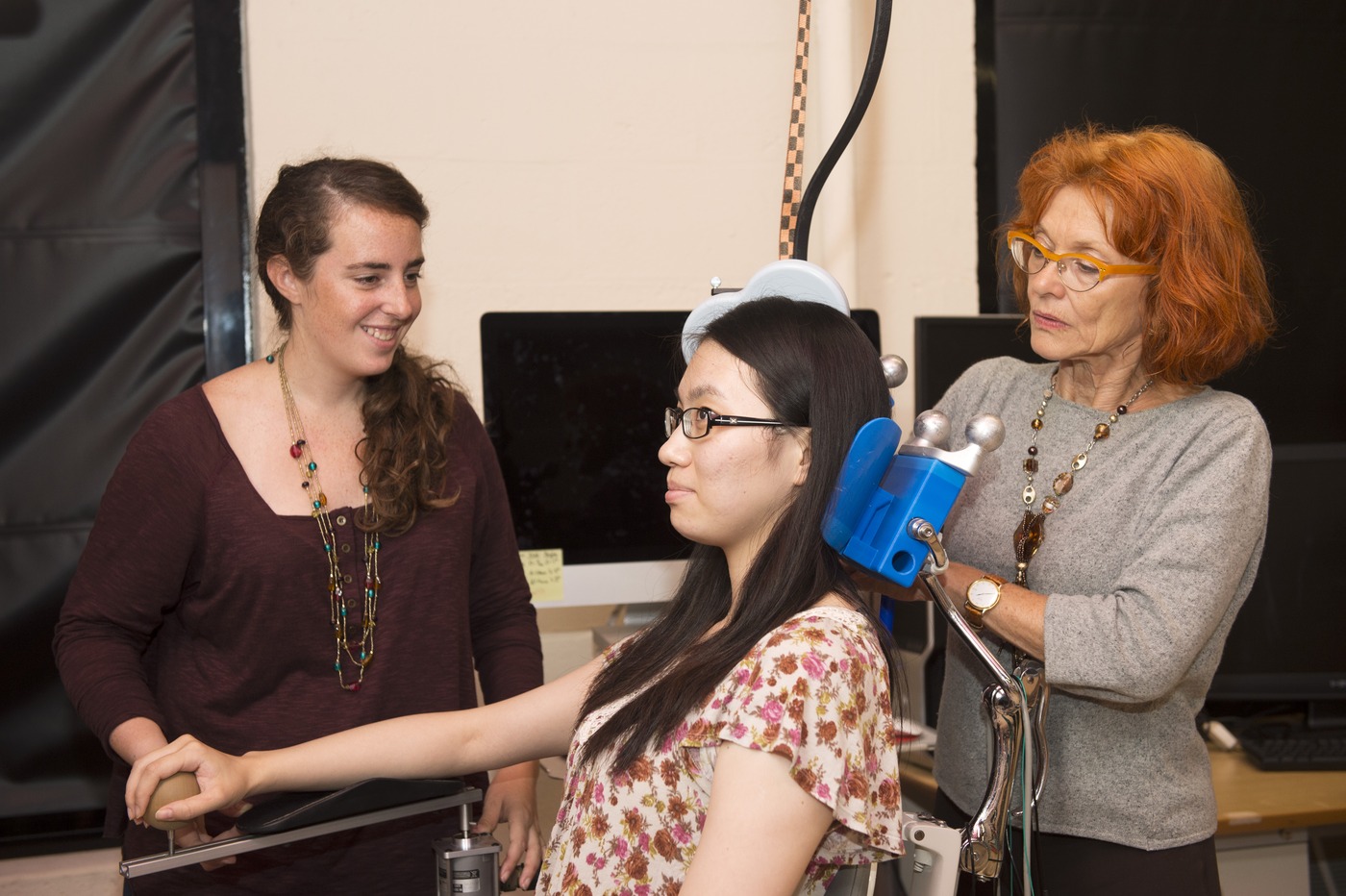
How the Connected Science Community Biology PhD program works
Upon joining the Biology PhD program, you will also join a Connected Science Community of PhD students across the College of Science. During the summer before your first year, you will participate in workshops to develop key skills, explore and utilize university resources, and learn about potential post-PhD careers.
During Fall semester of your first year, you will begin your Biology graduate coursework and continue your research. Throughout your first year and beyond, you will continue your research while sustaining your Connected Science Community through seminars, workshops, and social activities.
In this unique PhD training program, you’ll:
– join a Community of PhD students across all College of Science departments, who learn from each other, collaborate, and draw on one other’s experience;
– develop Career and Core Skills and inside knowledge of the outstanding career opportunities open to our PhD graduates;
– explore Cross-Disciplinary Research to help you solve pressing research challenges; and
– gain external Work Experience – an integral part of your professional training, with many opportunities.
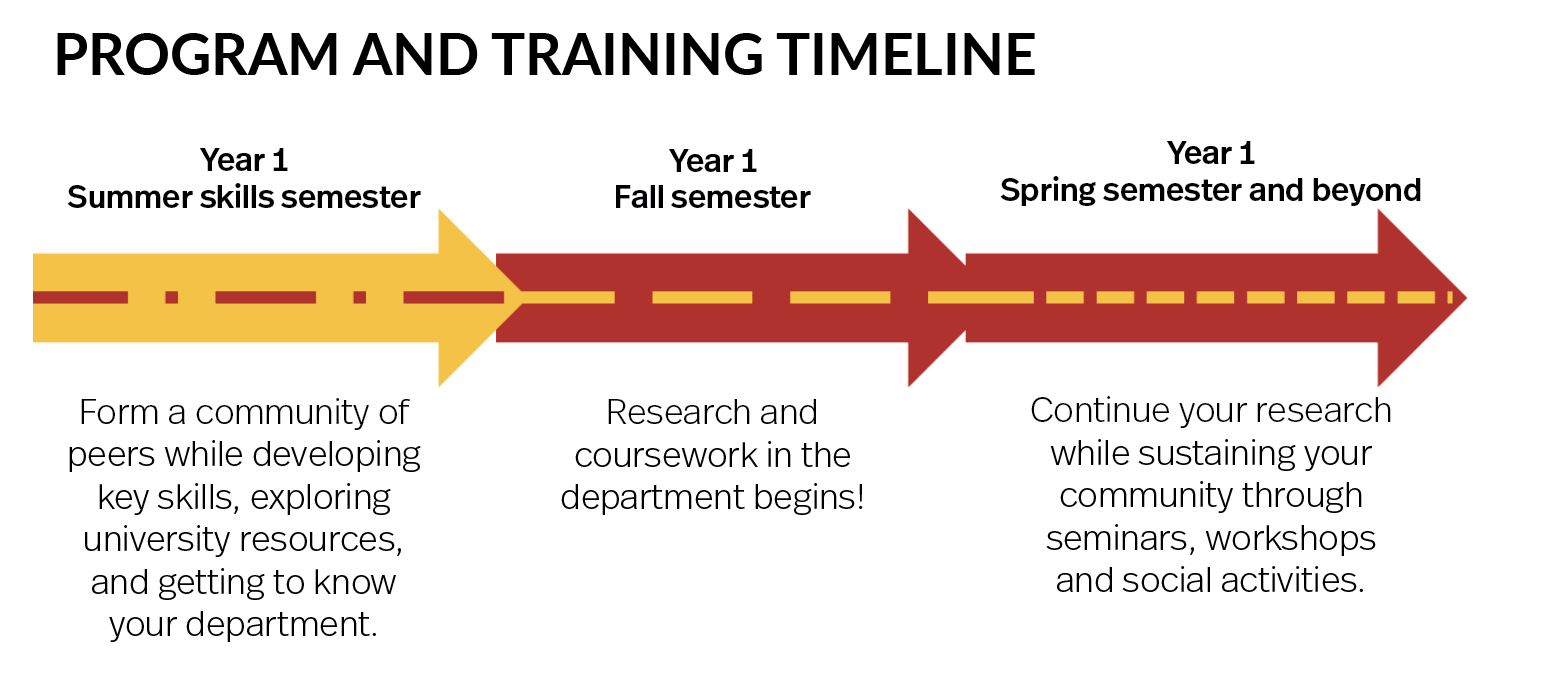
A Culture of Respect
In the Northeastern University College of Science, we embrace a culture of respect and inclusion, where each person is valued and empowered with equitable opportunities and access to resources. We commit to implementing initiatives that dismantle systemic oppression and build a diverse community.
Learn more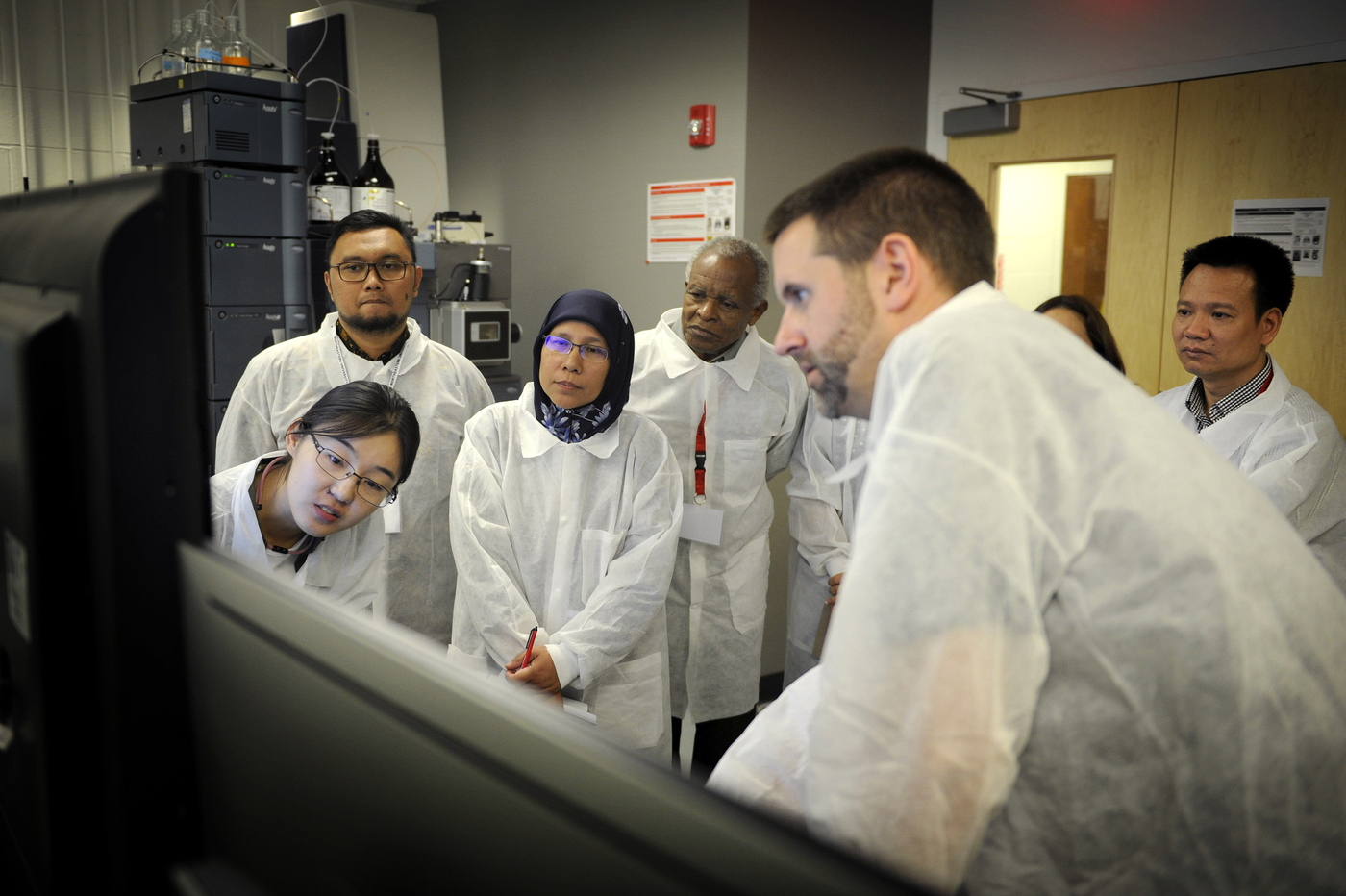
Additional information
For the duration of their program, students receive full tuition scholarship, a graduate assistant position with stipend, and health insurance.
The deadline to apply is December 1.
Bachelor’s Degree Entrance
Complete all courses and requirements listed here unless otherwise indicated.
Milestones
- Qualifying examination
- Annual review
- Dissertation committee
- Dissertation proposal
- Colloquia (minimum of three)
- First-author publication
- Dissertation defense
Program Credit/GPA Requirements
- 30 total semester hours required
- Minimum 3.000 GPA required
Want to learn more about the Connected Science Community Biology PhD program? Fill out the form below and a team member will be in touch.
News

